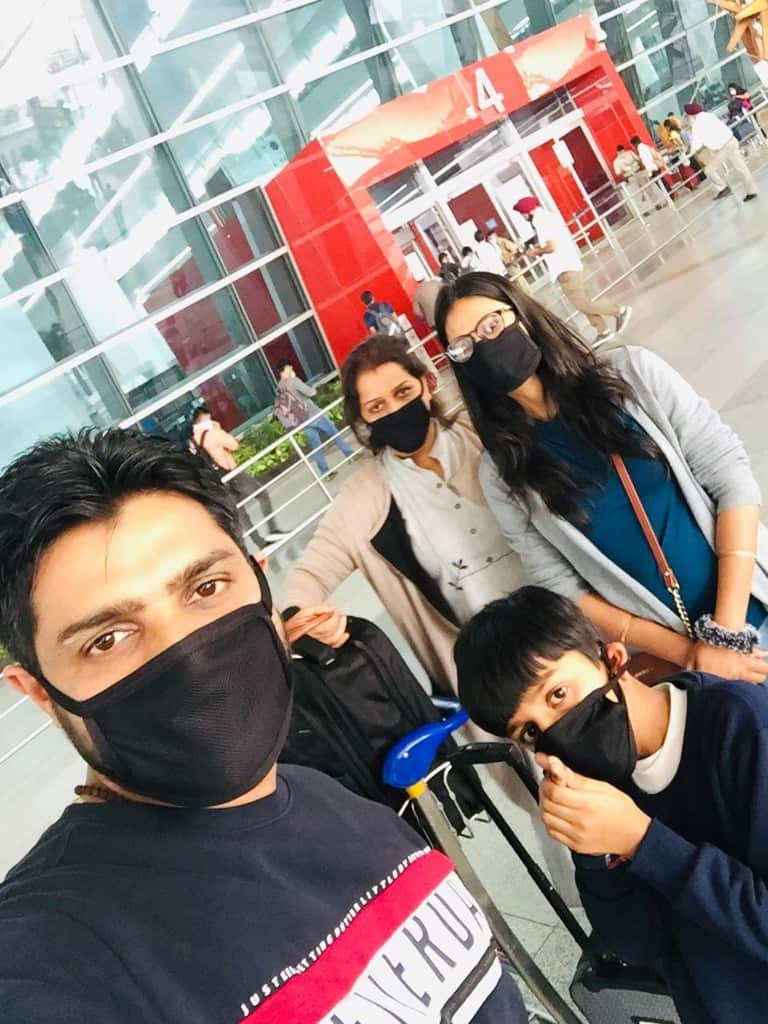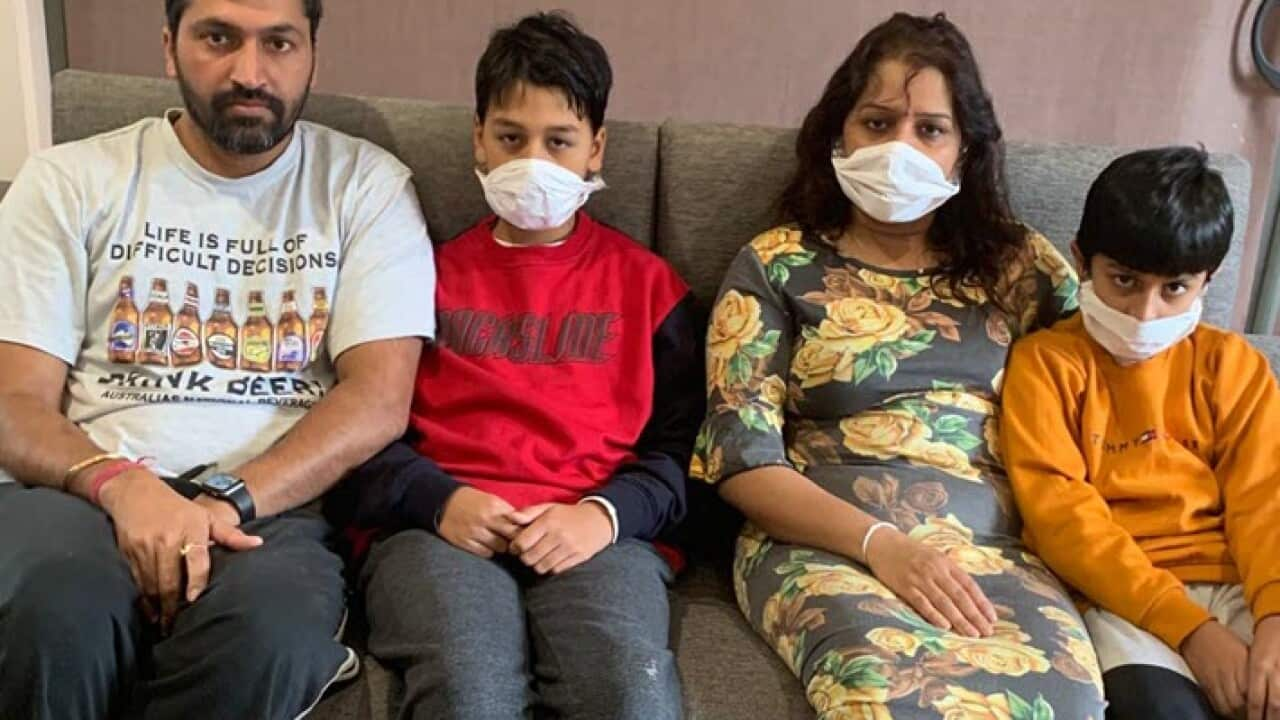Highlights
- Family left from India in two batches: before and after the self-quarantine rule
- Two members didn’t need self-isolation while others did, entire family now in self-quarantine
- International passengers sign undertaking at airports to observe self-quarantine
- Fine for violating self-quarantine in Victoria exceeds $20,000
Meenakshi Kurl, a Melbourne resident of Indian origin, was partying away at a relative’s wedding in Punjab earlier this month. The fun came to a grinding halt when she learnt that the Australian government had on March 15 advised its citizens and permanent residents to return “as soon as possible” before things get difficult.
“My husband and older son had returned to Melbourne several weeks before these restrictions came about. But my younger son and I were scheduled to fly out of New Delhi on March 22, by which time my employer had emailed me to not come to work and instead self-quarantine at home for 14 days,” says Ms Kurl adding that the family was now in different situations and didn’t know what lay ahead.
Her annual visit to her home country ended on a worrisome note.
She shot concerned questions at friends in Australia to understand how starting March 20, international border closure, travel ban and the self-quarantine rule announced by her country of residence may impact her travel plan.
Her husband, Madhur Kant Kurl, along with the other son, had landed in Melbourne on March 7, when there was no talk of mandatory self-quarantine of international travellers.
“I went to work the very next day and continued doing so till Meenakshi and our other son arrived in Melbourne. I went to receive them at Tullamarine Airport and soon after, got a call from my boss, who I had casually told that the rest of my family is arriving on March 23,” Mr Kurl says.
Chuckling away, Mr Kurl narrates how things changed for the family after his boss asked him if he had fetched his wife and son from the airport and how they were doing.

“I said, ‘oh, thanks for asking, my family has come home safely and all’s well’. That’s when my boss dropped the penny and said, ‘alright, your 14-day annual leave starts now’,” he adds with a laugh.
Following the Australian government’s rule of everyone in “close contact” with an overseas traveller also has to self-quarantine for 14 days, the Kurl family is now united in home-quarantine.
Ms Kurl says that when the two of them landed at Tullamarine, they had to sign an undertaking that they will obey the self-quarantine orders.
Violation of self-quarantine in Victoria can attract a hefty fine of nearly $20,000.
“Fortunately, my husband had bought groceries well in advance so we have no problem as now we are completely home-bound,” she says.
Laughing away at how they are now mandated to extend their holiday by 14 days, the Kurl family says that the government’s rule of self-quarantine is laudable and necessary.
“This minimises people-to-people contact which is what social distancing is all about. We need to help the government by obeying this rule otherwise we’ll be doomed like other countries which didn’t take such steps well in time,” says Mr Kurl.
For the Kurl family, this home-quarantine is now expected to be a marathon television session in which they plan to watch the telly together, a supposed luxury their busy working lives don’t afford them in saner times.
To listen to the podcast in Punjabi, click on the player inside the picture at the top of the page.
Coronavirus symptoms can range from mild illness to pneumonia, according to the Federal Government's website. Symptoms can include a fever, coughing, sore throat, fatigue and shortness of breath.
If you develop symptoms within 14 days of returning from overseas, you should seek medical attention.
If you don’t have symptoms but you have been in contact with a confirmed COVID-19 case, you should also seek medical attention.
If you believe you may need to get tested, call your doctor, don’t visit. Or contact the national Coronavirus Health Information Hotline on 1800 020 080.
If you are struggling to breathe or experiencing a medical emergency, call 000.
Listen to SBS Punjabi Monday to Friday at 9 pm. Follow us on Facebook and Twitter.




